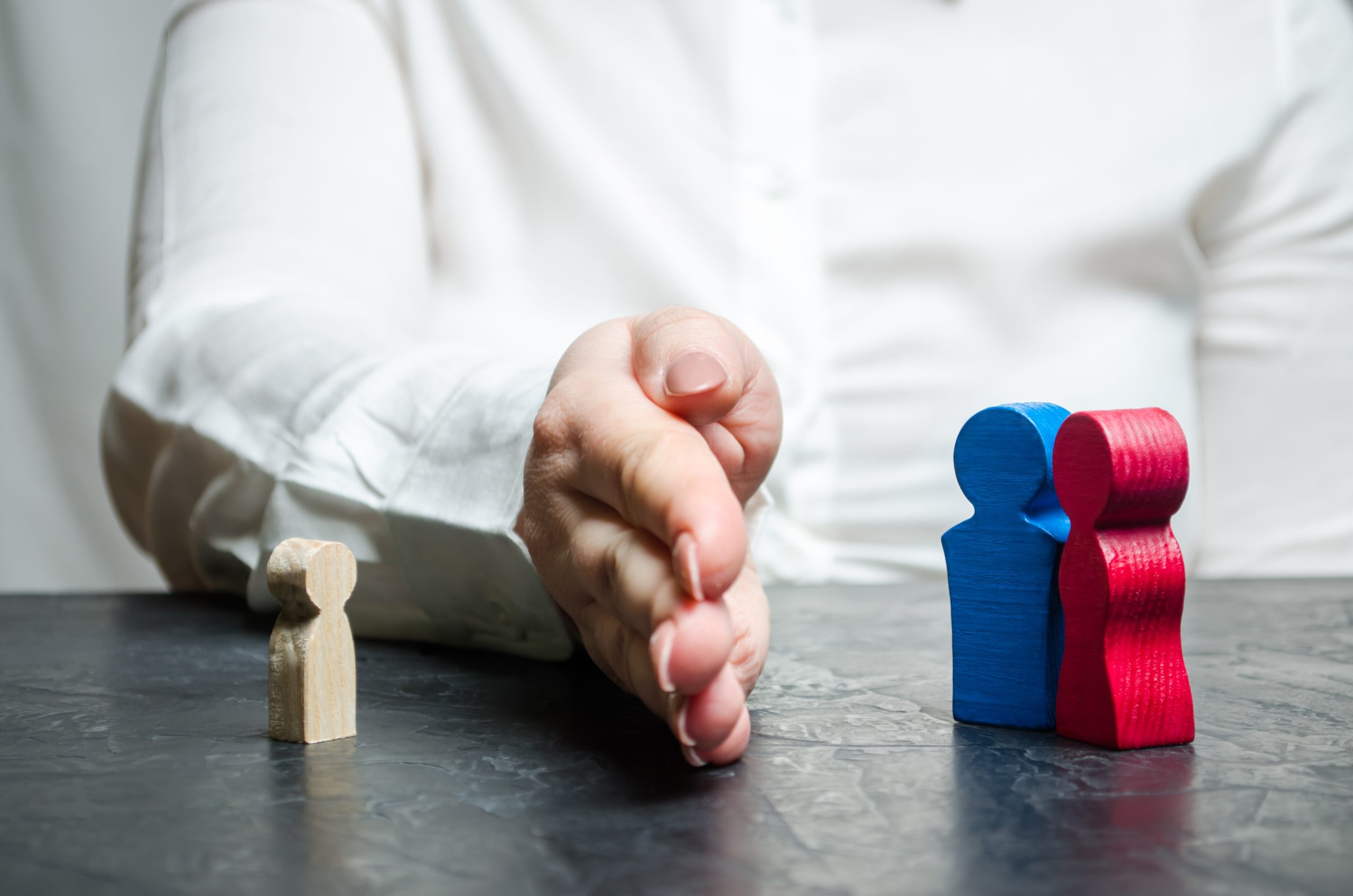

By: Michael Rass
When Your Loved One Goes to Treatment During the Holidays
By Michael Rass The holiday season can be stressful, especially if you have the disease of addiction. Karen and Paul are unable to spend the holidays together for the second year in a row. Both are in recovery, and both thought it was more important to focus on fortifying their sobriety. Theirs is a story of powerful challenges and the healing power of faith. Karen and Paul met in 2013 through a mutual friend who was also in recovery. “We hit it off because we both had a strong passion for God,” remembers Karen. “Our faith drew us together.” Karen has been sober since 2009, and today she helps other people in recovery as an alumni coordinator on the Alumni Recovery Support Services team for Lakeview Health and its sister center, Stepping Stone. Paul struggled longer with his addictions and a number of co-occurring mental health issues. After meeting Karen in Sarasota, Florida, Paul moved to Jacksonville to be with her. They did well for a while, but then Paul relapsed. “He has struggled with mental health problems for years,” explains Karen. “One was diagnosed only recently. That’s one of the reasons he was in and out of recovery in the past four years. Paul had a really big relapse in 2016. That’s when his doctors determined he was suffering from borderline personality disorder.” Paul’s previous diagnoses included bipolar disorder, social anxiety, depression, and substance use disorder, but never BPD. He checked into an addiction treatment center in May 2016, but it didn’t go well. Paul tried to commit suicide and then left rehab against medical advice. “The suicide attempt was devastating for me,” remembers Karen. “He came back home and tried to go into recovery on his own. He tried an intensive outpatient program and AA, but nothing worked for him at that time.” It was a tough burden for Karen, who had to continue her own recovery and go to work. But helping people with addiction is Karen’s mission now, and she didn’t want to lose Paul. “He was still suicidal and would not leave his bedroom for weeks. It was a big strain on me emotionally and physically. I struggled to stay focused at work. It was just a very difficult time.” Paul was in a bad place. “He wouldn’t call his support network, didn’t go to meetings, stopped going to the IOP, didn’t see a therapist, and didn’t take his medication—it was just really draining,” says Karen. Since Karen is an addiction professional, she knew what to do. “I started putting up a lot of boundaries, and Paul didn’t like it. I told him ‘You cannot lie in bed all day if you are here. You have to get up and go to meetings.’ I had to put up these boundaries, knowing he might go out and kill himself. It was the hardest thing for me to do. But I knew that I was enabling him by not doing anything, and I was hurting my recovery.” For a while, Paul resisted and kept using drugs. “Eventually, he came to me and said ‘I can’t do this anymore. I want to go to treatment.’ I had to wait for him to want that,” Karen recalls. “I work in the treatment field and have all the references in the world, but I couldn’t push him into treatment. I had to wait for him to be ready.” In October 2016, Paul was ready and went to treatment in California. The holidays were coming up and he was going to the other side of the country. Karen had mixed feeling about being apart over the holidays, but she knew he was doing the right thing. Paul went into residential rehab for five month and was gone for Halloween, Thanksgiving, Christmas, and New Year’s. “It turned out to be the most peaceful holiday season I had in years,” says Karen now. “I felt so much weight had been taken off my shoulders.” Karen knew it was dangerous to delay treatment just because the holidays were around the corner. It would be much better for Paul to give the gift of sobriety. “As much as I wanted him to be with me, I knew with him here I would have fought with him over whether to see my family and have fun or stay home with him when he is depressed and won’t get up.” Going into treatment was definitely the right call. After Paul was discharged from rehab in February, he stayed on the west coast for sober living. He is currently still in California. He receives therapy for his borderline personality disorder, goes to meetings and learns how to organize his life and work on a career. He is learning how to cope with his behavioral health issues without the use of drugs and alcohol. “While he’s recovering in California, it doesn’t weigh on me,” says Karen. “It’s been fantastic. We communicate back and forth and have visited each other.” They will be apart for another holiday season, but the gift of sobriety is worth it. “Right now, he’s in seminary pursuing his dream to become a pastor. We relied a lot on our faith throughout the years,” says Karen. Paul is much better now and intends to come back to Jacksonville early next year.





